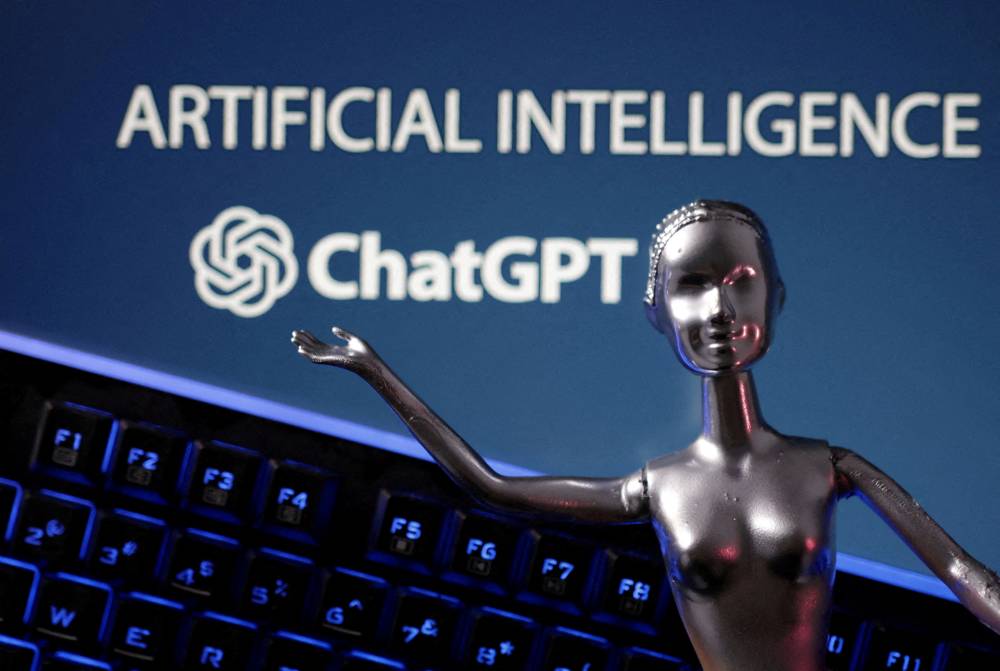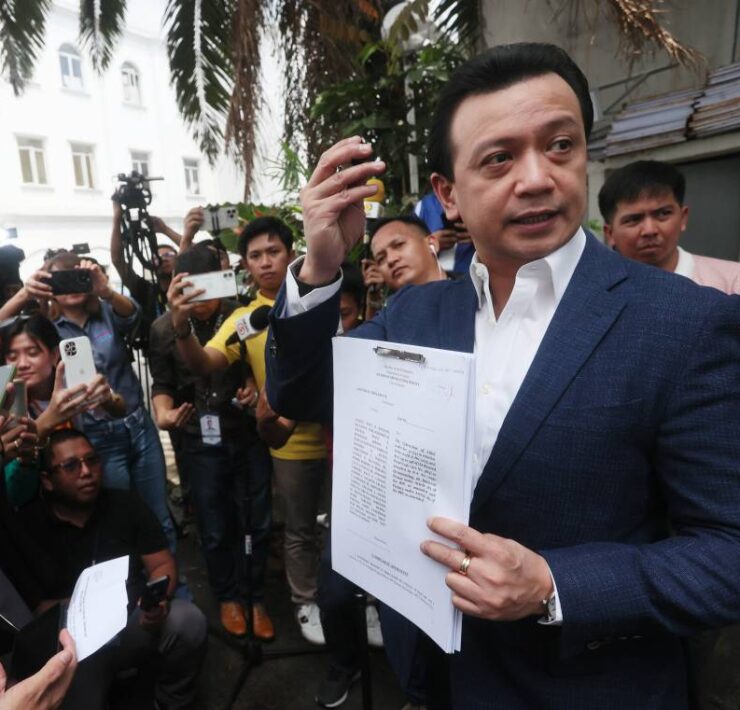The Hot Buttons on AI: Jobs, Fake News, and Cheating

As with any transformative technology, Artificial Intelligence (AI) is accompanied by a myriad of concerns—many of which are valid. However, the discourse often gravitates towards fears and potential downsides, overshadowing the substantial benefits and opportunities that AI, particularly Generative AI (GenAI), can offer. It’s high time we address this imbalance.
Job Disruption vs. Job Augmentation
The fear of AI-induced job disruption is ubiquitous. Reports predicting the mass displacement of workers by AI systems make headlines, fueling anxieties about an impending employment crisis. While it’s true that certain jobs may be at risk, it’s equally important to recognize the potential for job augmentation that GenAI brings.
Generative AI can handle repetitive, mundane tasks, freeing up human workers to engage in more complex, creative, and fulfilling activities. This shift can enhance productivity and job satisfaction. For instance, AI can assist healthcare professionals by analyzing vast amounts of data, enabling them to focus on patient care. In manufacturing, AI can optimize production processes, allowing human workers to concentrate on innovation and quality control. By augmenting human capabilities, GenAI can create a more efficient and satisfying work environment.
Deepfakes and Disinformation vs. Creative Enhancement
Concerns about deepfakes and disinformation are prevalent, and for good reason. The ability of GenAI to generate highly realistic but fake content poses significant challenges to truth and trust in the digital age. However, this narrative often eclipses the transformative potential of GenAI in the creative industries.
GenAI can be a powerful tool for artists, writers, and designers. It can help generate new ideas, streamline workflows, and enhance creativity. For example, AI can assist writers in brainstorming storylines, provide artists with new design concepts, and help musicians compose innovative pieces. By leveraging AI, creatives can push the boundaries of their work, exploring new frontiers that were previously unimaginable.
Cheating in Education vs. Enhanced Learning
The fear that students might use AI to cheat on essays and quizzes is another hot-button issue. While this concern is legitimate, it should not overshadow the vast potential for AI to revolutionize education positively.
AI can personalize learning experiences, tailoring educational content to meet individual student needs. It can provide real-time feedback, helping students understand their mistakes and improve. For teachers, AI can automate administrative tasks, giving them more time to focus on instruction and student engagement. By integrating AI into the educational system, we can create a more dynamic and effective learning environment that benefits both students and educators.
Disruption inevitably triggers fear. However, much of this fear stems from a lack of understanding. GenAI, like previous technological advancements, is navigating the hype cycle. Gartner’s Hype Cycle suggests that initial excitement is followed by disillusionment before reaching a plateau of productivity. If we can move past the disillusionment phase, the true value of AI will be ours to reap.
It is crucial to foster a balanced discourse around AI. While addressing valid concerns, we must also highlight the opportunities for enhancement and augmentation that GenAI offers. By doing so, we can ensure that AI is developed and deployed in a manner that maximizes its benefits while mitigating its risks.
While it’s important to address the fears surrounding AI, we must also focus on its potential to augment jobs, enhance creativity, and improve education. By understanding and embracing AI, we can harness its power to create a more efficient, creative, and knowledgeable society. The future of AI holds immense promise—if we choose to see it.
Dominic Ligot is the Founder, CEO, and CTO of CirroLytix, a social impact AI company. He also serves as the Head of AI and Research at the IT and BPM Association of the Philippines (IBPAP), and the Philippines representative to the Expert Advisory Panel on the International Scientific Report on Advanced AI Safety.





















